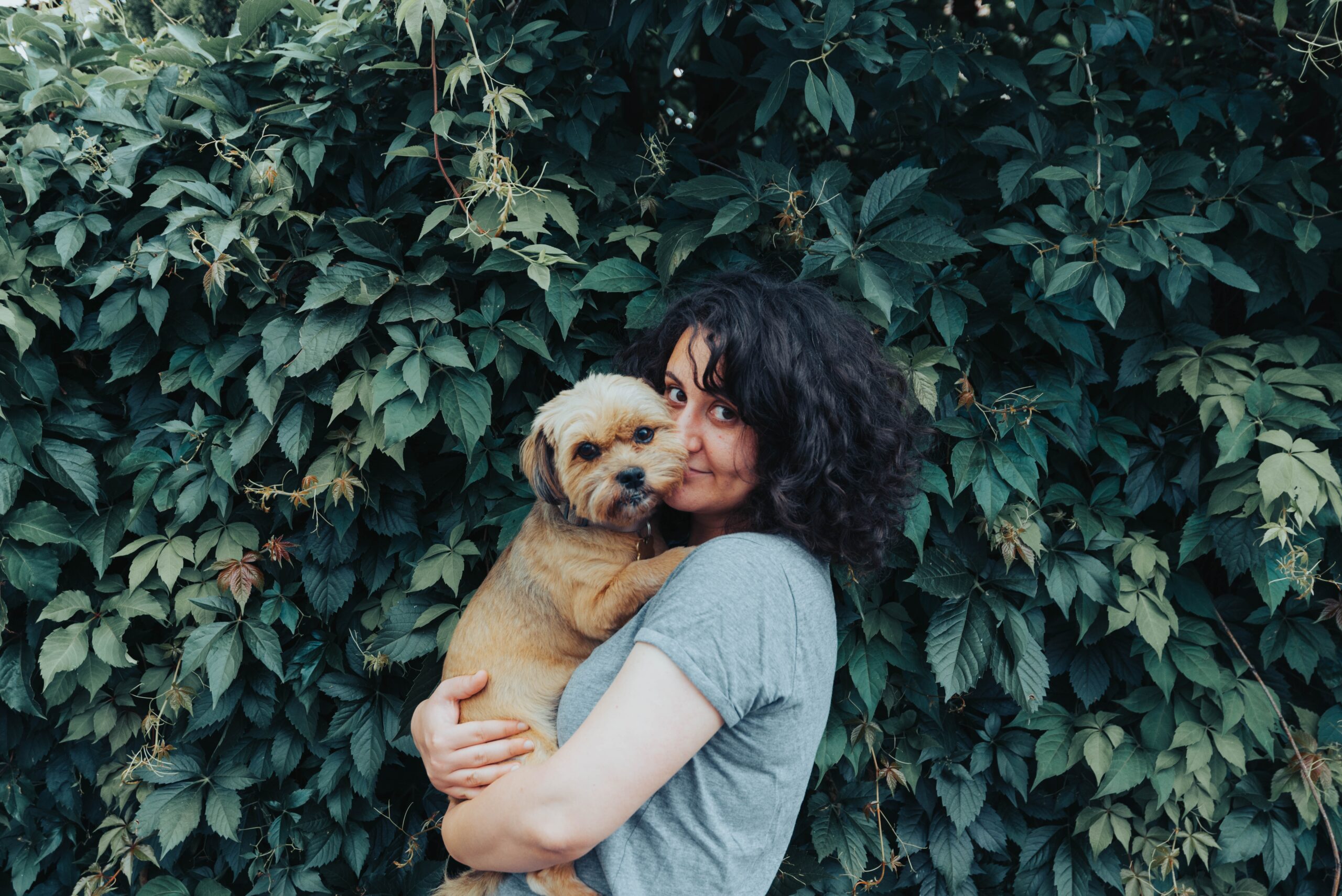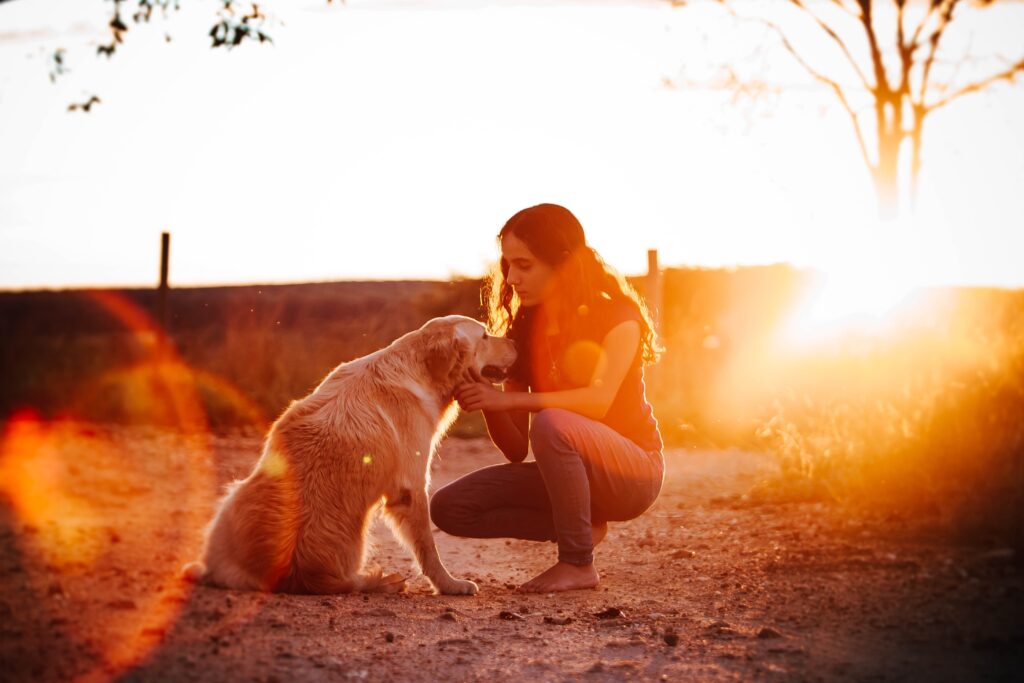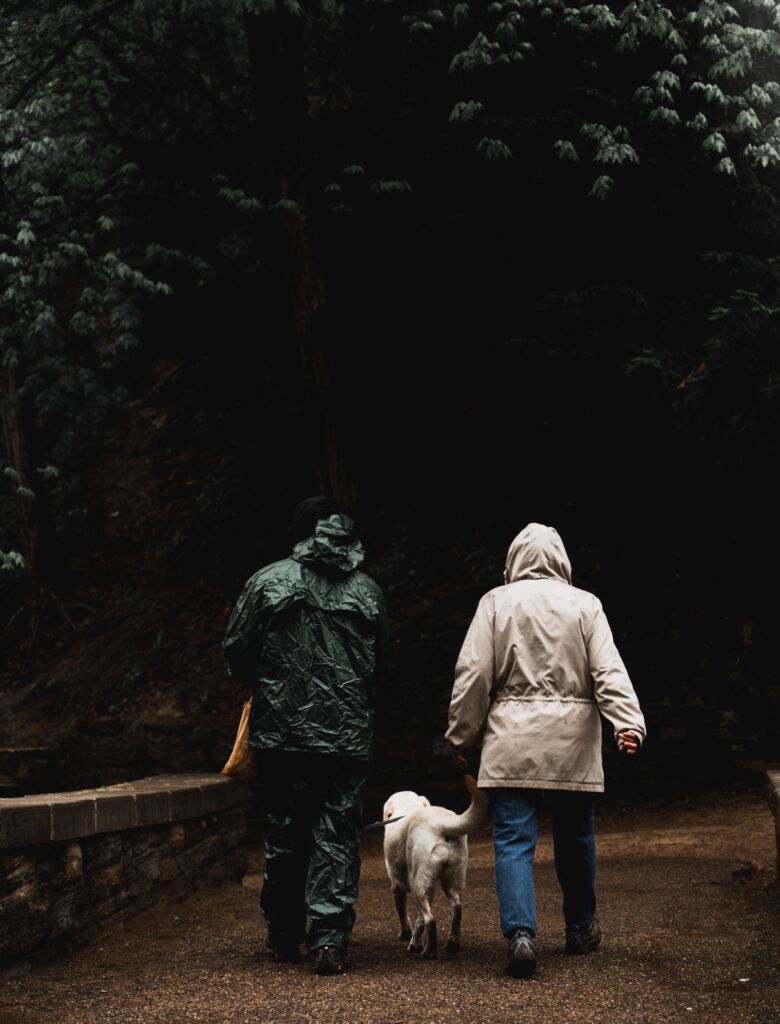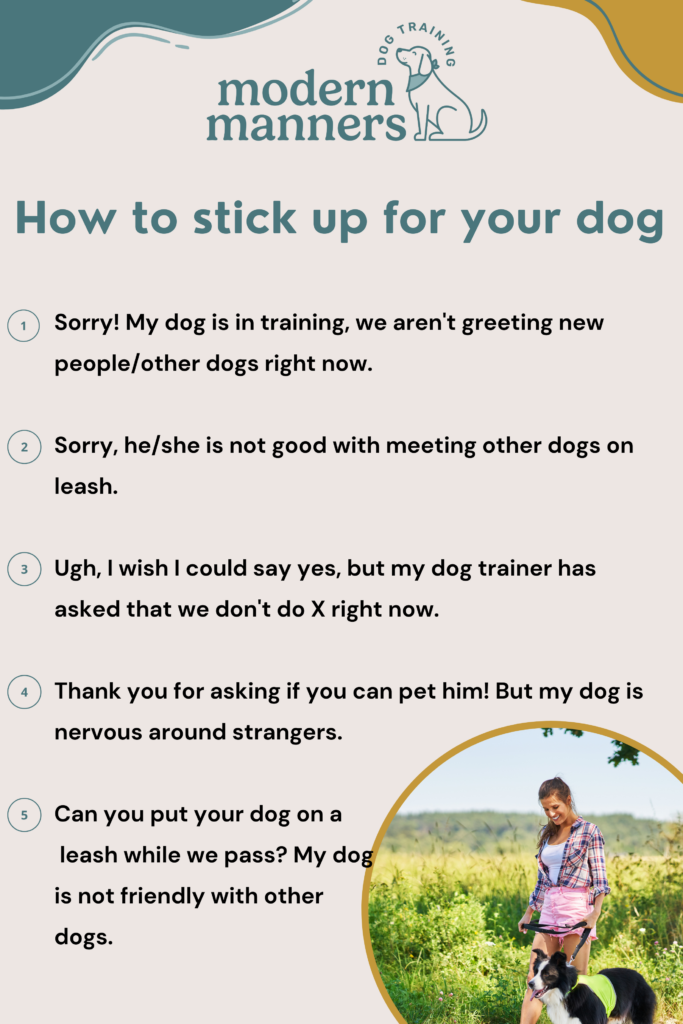
How to stick up for your dog: top 5 phrases to keep on hand for real-world sticky situations
August 9, 2023
Maybe you have a dog who is fearful of people or a dog who does not like being approached by other dogs. Maybe you are actively working with a dog trainer to desensitize your dog from these triggers and don’t want to disrupt their progress by overwhelming them. Or maybe you just have a very small dog who is constantly being touched and picked up by well-meaning friends and family, but you know your dog is uncomfortable in these scenarios.

You may often feel like you are bombarded with statements like:
- “It’s ok my dog is friendly! He just wants to say hi!”
- “Can I pet your dog?”
- “Can my dog say hi to your dog?”
- “Aww so cute! Can I say hi?”
I know firsthand how frustrating and uncomfortable it is to constantly have to ward off well-meaning strangers. Know that by choosing to advocate for your dog in these tricky situations you are helping them reach their training goals. You will help them feel safer and protect them from rehearsing unwanted behaviors like lunging or growling when these people or dogs get too close.
Why people are always pushing your dog’s boundaries
In our culture, it is expected that dogs will tolerate a whole host of advances that we as humans would never accept. Imagine meeting a stranger and then being expected to sit passively as they stroked your face and hair.
Yikes! While yes, some people are very outgoing and identify as “huggers” most people don’t want this level of intimacy with strangers.
Dogs are the same.
There is a rare minority of dogs who love everyone they meet and want to be pet by new people. This is simply not the case for most dogs.
Most dogs are more reserved around strangers and do not want to be touched by them. And lots of dogs are fearful of strangers to the point that they will protect themselves from unwanted advances with warning growls, lunging, or their teeth.

There is nothing wrong with your shy dog
There is nothing wrong with your dog if they are “shy” around new people. In fact, pushing dogs who are nervous around strangers to interact will often make their fears worse.
Instead, advocate for your dog so they can feel safe around new people. Advocate for your dog if they do not like greeting new dogs on leash, or if they are frightened when unleashed dogs charge them.
My clients often report that in the real world, they struggle to come up with what to say when friends or strangers try to handle their dogs in a way they know their dog will not like.
I always suggest “back pocket phrases” like the ones listed below. Memorize one or two of these sentences. When someone tries to reach for your dog or a stranger asks “can my dog say hi?” you won’t have to stumble, just state your phrase, thank them for asking and keep walking.
Top 5 phrases to keep on hand for real-world sticky situations
- Sorry! My dog is in training, we aren’t greeting new people/other dogs right now.
- Sorry, he/she is not good with meeting other dogs on leash.
- Ugh, I wish I could say yes, but my dog trainer has asked that we don’t do X right now.
- Thank you for asking if you can pet him! But my dog is nervous around strangers.
- Can you put your dog on a leash while we pass? My dog is not friendly with other dogs.
And here’s a handy graphic you can screenshot for future sticky situations!

Leave a Reply Cancel reply
Frustrated with reactive outbursts on walks?
Wondering if you will ever enjoy a "normal" walk with your dog?
you need this free guide!
follow along on instagram @modernmannersdogtraining
privacy policy
design by little hound creative